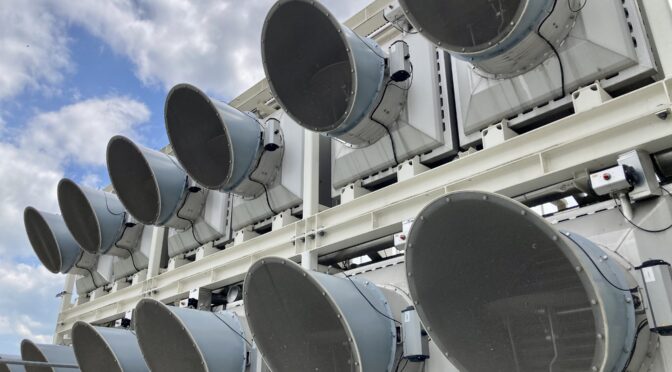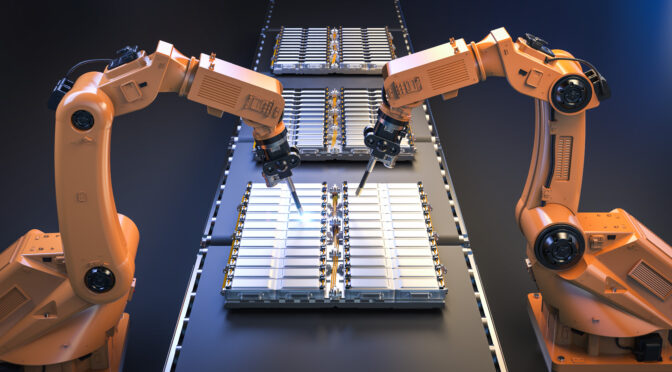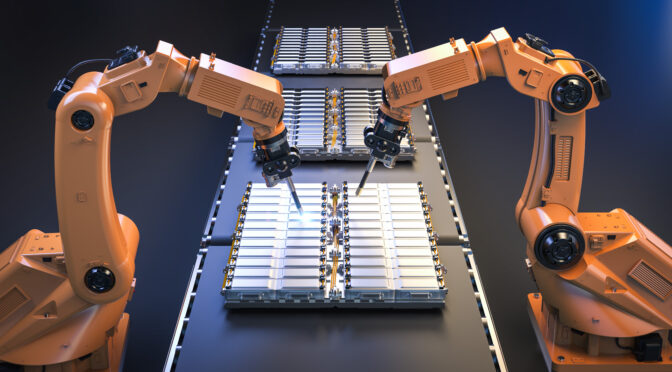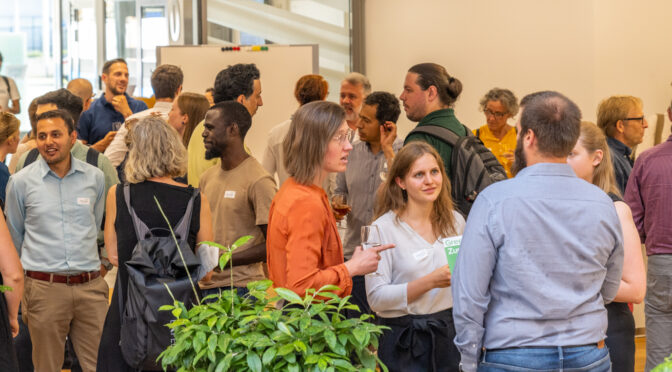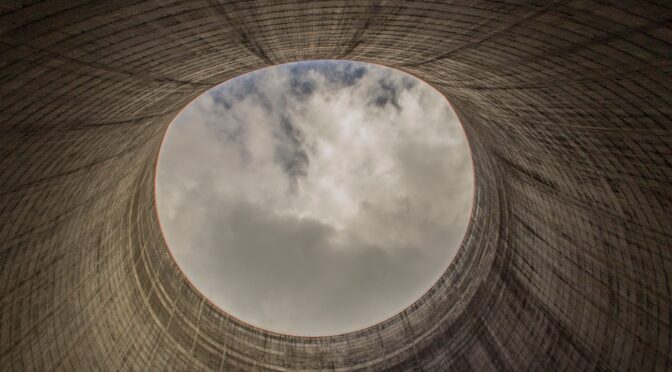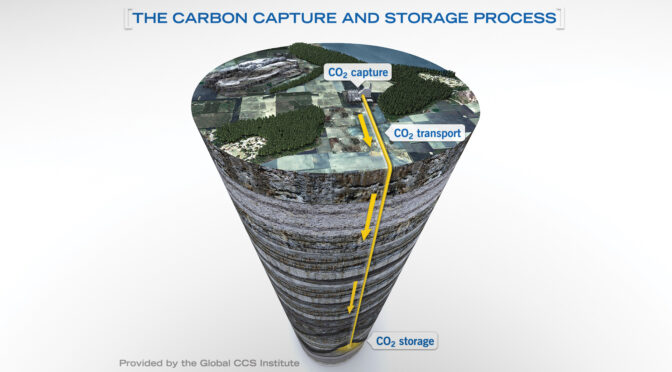Response Doctoral Program
In this public event of the Response Doctoral Program, organized by the Energy System Science Center, GreenBuzz and Zurich-Basel Plant Science Center at Siemens in Zug one question was in the focus: how do we get to a sustainable energy system?
For sustainable energy systems the innovative technologies are existing, but we have to combine them in the most sustainable way to decarbonize our future. The questions are what business model change, political regulations and societal adaptation are needed and inevitable and helped us to answer the questions “What steps we should take?”, and “Who will lead the way?”
9 Response doctoral students presented and discussed their research to representatives from the energy sector, companies and the public. They presented their research on green energy models, biofuels, semiconductor efficiency, managing hydropower dams, carbon capture and storage or the future of electrical transport.
From the keynotes:
Kristina Orehounig, Empa draw attention to the housing infrastructure that needs to be cooled in summer and heated in winter due to climate change. For this CO2 emission-low systems need to be combinations of multiple renewable supply technologies in small decentralized networks in neighbourhoods.
Kaja Hollstein, Swissgrid pointed out challenges in the future when the grid system is operated with renewables. In winter demand for heating is highest while supply by photovoltaic drops in several countries at the same time. In this case there will be no import market that can balance the shortages of energy.
Ilonka Zapke, Siemens showed the Wunsiedel blueprint for our energy future. Energy comes from renewables and is stored in one of the largest batteries worldwide. Battery storage might be one solution to energy shortages in the grid system.
Continue reading Summary from Response Thematic Event: Sustainable Energy System – Who Will Lead the Way? →



